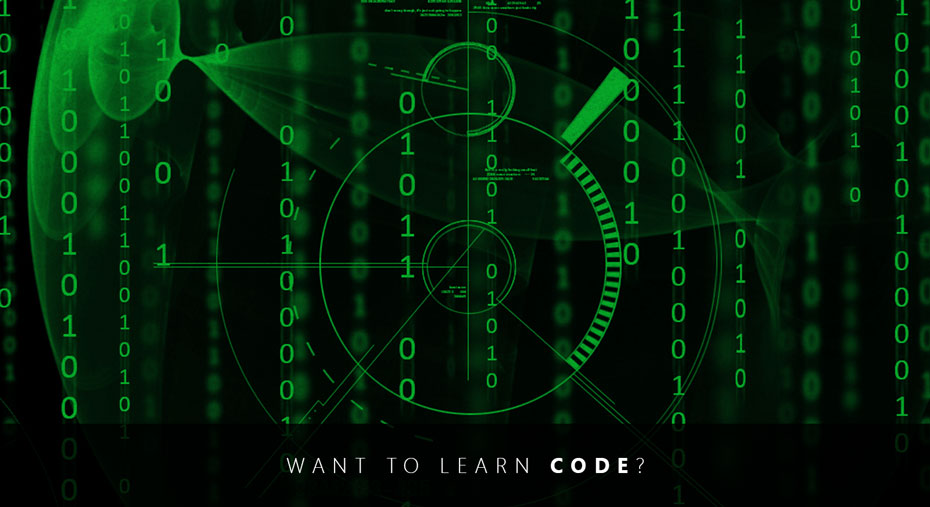But, umm, where to begin?!
In Athens, Ga., we are fortunate to have a thriving community of developers who love to teach. Last April, I attended a Rails for Girls workshop, a weekend marathon of learning the coding language Ruby on Rails. The sessions and activities, taught by veteran developers, cultivated a great learning experience (not too mention the free bagels and coffee!). I asked a few of the coding coaches to share their advice for beginners. This is our first entry in our “Learning to Code” series.

JH Media: What’s the first resource you recommend someone check out if they want to get into code?
Jordan Burke: I would recommend starting out somewhere like Codecademy.com. It’s free, it’s really easy to get started, and most importantly, I think it lets you feel out whether or not writing code is something you want to continue doing.
JHM: How long should a person expect it to take to learn code?
JB: Well, that’s very much an open-ended question. I’m still learning every day, and in being a coder, I know that’s going to be a lifelong pursuit. The day you think you know everything as a developer is the day you should quit – because you never will know everything, and you should always continue learning. More accurately, in terms of how long it will take someone before they can start coding for a living or in some sort of professional capacity, I’d say anywhere from 6 months to a year if they’re self-teaching and in as little as 3 months if they’re participating in a code bootcamp or some accelerated course.
JHM: What are some of the most common questions people new to programming ask you?
JB: The most common question I get when I’m teaching isn’t so much about concepts, but where to go to find an answer or how do I know what a reputable source is. And really, that’s one of those things that the more time you spend learning, the more the reputable resources continue to pop up with answers. So sites like StackOverflow.com, Github, SmashingMagazine and Sitepoint are recognized as reputable because that’s where the mentors are and where the answers to whatever questions you have can be found.
JHM: What are some of the biggest roadblocks new coders may face, and do you have strategies for avoiding them?
JB: One of the biggest roadblocks I had to face, and I imagine is one that many self-taught or non-Computer Science grads face is dealing with Imposter Syndrome—am I really qualified to do this? And the answer, of course, is yes!
The skills you develop in learning how to code aren’t just syntax and programming vocabulary, but more of learning how to learn and knowing where to find the resources to move forward. There are always going to be people more experienced than you, but no one else has the perspective and experiences that you do—and that’s as valuable as anything else.
JHM: Where can new coders can connect with other beginners?
JB: The Ruby on Rails community on Github and Twitter are incredibly positive and diverse, and the tech community we’ve built here in Athens is one of the best. I think it’s one of the most encouraging communities I’ve ever been a part of.



